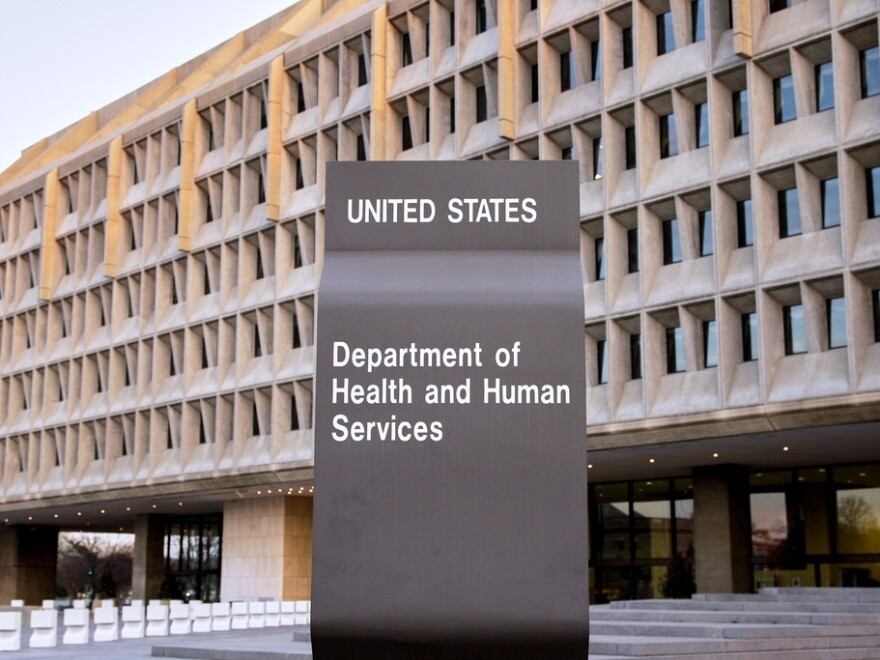
Emerging research from the University of Birmingham indicates that consuming foods rich in flavanols, such as cocoa and tea, may mitigate the negative cardiovascular effects associated with prolonged sitting. This study highlights the potential of high-flavanol foods to enhance vascular health, even in physically fit individuals.
The study, published in the Journal of Physiology, reveals that sedentary behavior significantly impacts blood vessel function. Young adults are estimated to spend approximately six hours daily in seated positions. This prolonged inactivity has been linked to a decline in vascular health, with even a modest 1% decrease in vascular function correlating to a 13% increase in the risk of serious cardiovascular conditions such as heart disease, strokes, and heart attacks.
Understanding Flavanols and Their Benefits
Flavanols are naturally occurring polyphenols found in various foods, including fruits, tea, nuts, and cocoa beans. Previous studies have suggested that these compounds offer cardiovascular benefits, particularly in supporting vascular function during periods of psychological stress.
Dr. Catarina Rendeiro, an Assistant Professor in Nutritional Sciences at the University of Birmingham and the lead author of the study, emphasized the importance of addressing the health risks associated with sedentary lifestyles. “Finding ways to mitigate the impact that sitting for uninterrupted periods has on our vascular system could help us cut the risk of developing cardiovascular diseases,” she stated.
The British Heart Foundation reported that deaths among working-aged adults in the UK increased by 18% to 21,975 in 2023, compared to 2019. Additionally, cardiovascular diseases were estimated to cost the UK approximately £29 billion.
Research Findings on Flavanols and Vascular Health
To investigate the protective effects of flavanols, the researchers conducted an experiment involving 40 healthy young men. Participants were divided into two fitness groups: higher and lower fitness levels. Each individual consumed either a high-flavanol cocoa drink containing 695 mg of flavanols or a low-flavanol drink with just 5.6 mg before undergoing a two-hour sitting session.
Notably, women were excluded from the study due to potential fluctuations in estrogen levels affecting vascular responses to flavanols, an area that future studies may explore. Before and after the sitting period, the researchers measured various indicators of vascular health.
The findings revealed that participants who consumed the low-flavanol drink experienced declines in vascular function, indicated by reduced flow-mediated dilation (FMD) in their arm and leg arteries. In contrast, those who consumed the high-flavanol drink maintained their vascular function, demonstrating that flavanols effectively counteract the negative effects of sitting.
Dr. Sam Lucas, a Professor of Cerebrovascular, Exercise & Environmental Physiology at the University of Birmingham and a co-author of the study, commented, “Our experiment indicates that higher fitness levels do not prevent the temporary impairment of vascular function induced by sitting when only drinking low-flavanol cocoa.”
These results suggest that flavanols may support vascular health irrespective of a person’s fitness level, highlighting their potential as a dietary intervention for those leading sedentary lifestyles.
Incorporating Flavanol-Rich Foods into Daily Life
A PhD student at the University of Birmingham, Alessio Daniele, noted the ease of integrating flavanol-rich foods into daily routines. “There are cocoa products available in supermarkets and health stores which are processed through methods that preserve flavanol levels. If cocoa isn’t your thing, fruits like apples, plums, and berries, nuts, and black and green tea are all common kitchen staples,” he explained.
Dr. Rendeiro concluded that consuming high-flavanol foods and drinks during periods of inactivity is a beneficial strategy to mitigate the adverse effects on vascular health. She emphasized that combining flavanol-rich foods with regular breaks from sitting—such as short walks—could enhance long-term health outcomes, regardless of individual fitness levels.
This research underscores the significance of dietary choices in maintaining cardiovascular health, particularly in an era where sedentary lifestyles have become increasingly common.






